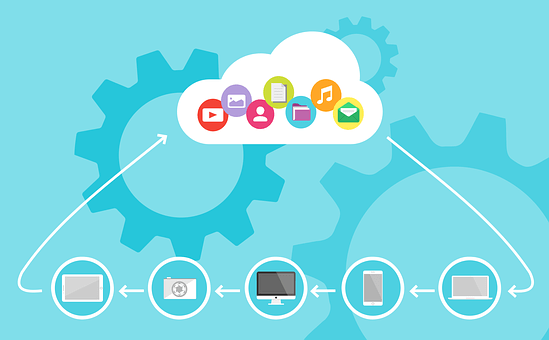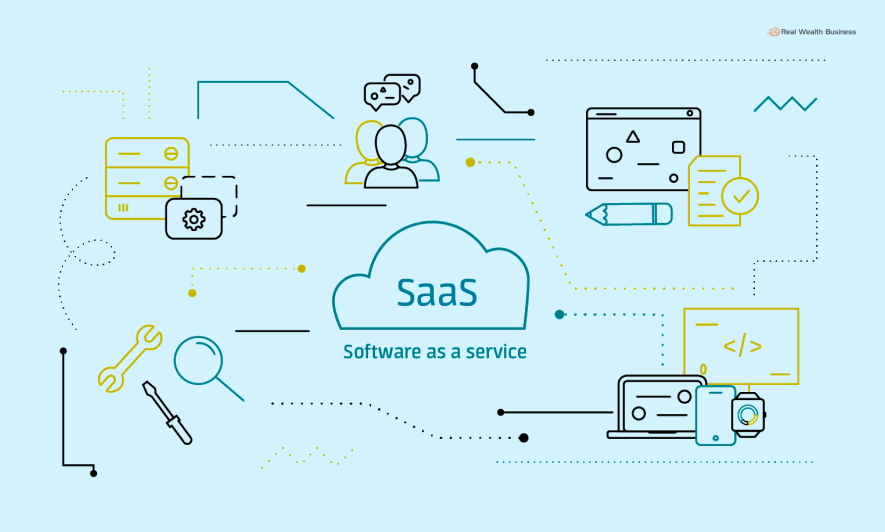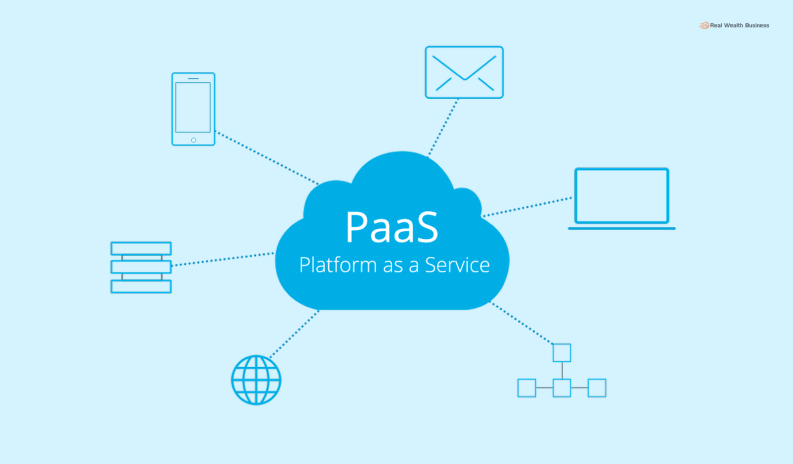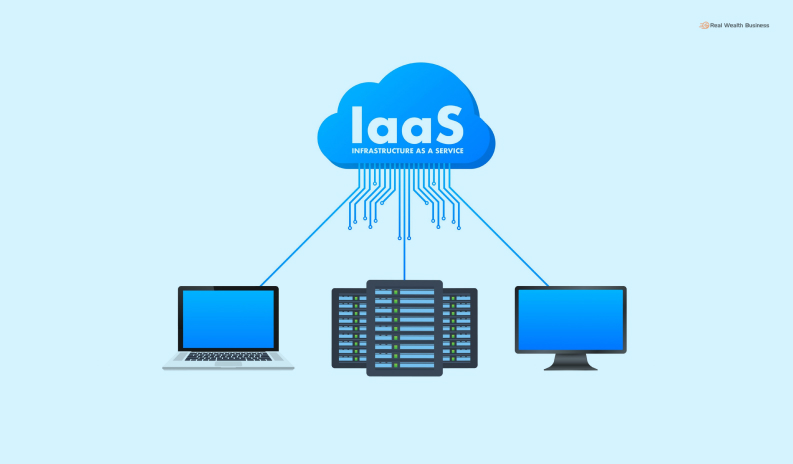Can Cloud Computing Help You Run Your Real Estate Business Smarter?
by Mashum Mollah Real Estate Published on: 19 April 2017 Last Updated on: 08 August 2023

Can Cloud Computing Help You Run Your Real Estate Business Smarter?
The real estate industry is tough and competitive. Any firm that wants to get ahead of its competitors needs to look at options that make it smarter, faster, and more streamlined. For this, real estate businesses need to look at and understand the diverse cloud services that are available and balance their strategies to increase the efficiency of their operational demands.
What is Cloud Computing?

Cloud computing may seem like one of the buzz words to old-fangled and traditional offices but it is accompanied by tangible benefits, in terms of efficiency and cost advantages.
In very broad terms, cloud computing uses the internet to provide hosted services. It enables companies to consume a resource like a utility, such as gas or electricity. This includes virtual machines, storage or applications. Companies no longer need to have in-house computing infrastructures when they use cloud computing.
End users of cloud computing services can use it for just about any type of workload on demand, which reduces the need for IT administrators. This service can be scaled up or down as per demand, which removes the need for local infrastructure investments and, hence decreases fixed costs. And the best part is, cloud computing cost is pay-per-use, so you pay only for the resources you use.
The freedom of cloud computing allows businesses or departments, within your company, to focus on their core competencies. Furthermore, small companies get access to services and technologies that were previously only available to large companies.
What Are The Types Of Cloud Computing Services Available For Real Estate Businesses?

There are three different models of cloud computing. Each model needs to be understood before you can decide how cloud computing will work best for your real estate firm.
1. SaaS – Software As A Service

This is appropriate for small and medium businesses because updates, application uptime, and performance are under the purview of the vendor. Office365 is the most popular application for real estate firms. All you need to do is buy its licenses for your employees. Each user has access and can share listings and specs, property photos, small data sheets, and other documents on the go after usernames and passwords have been set up.
As long as the users have the right credentials with internet access, the data will be available to them. Installation of applications in devices being used is not necessary but it does provide the option to install locally, if you prefer to do so.
2. PaaS – Platform As A Service

Phone applications that allow clients to find available properties have become quite popular. If you are interested in creating such an application, this model is for you. With PaaS, you can develop, test and run the application or specific software to streamline the process of finding new properties. Though you would not need to worry about software costs or operational hardware, you would need a skilled team of developers to make the application.
3. IaaS – Infrastructure As A Service

There is a lot of data involved in the real estate industry, as various properties open and close in the market. All this data can slow down your IT environment, in which case you can opt to upload to a virtual server. This way you can manipulate the data at any time, while the provider takes care of infrastructure resiliency and backup.
Then, there is a hybrid network of cloud services. Broadly speaking, cloud solutions are either public or private. The public cloud is suited for apps and data that are not sensitive and that do not need to be protected by firewalls. A private cloud is ideal for security as it keeps data in a closed environment. An effective hybrid cloud system balances different systems to manage data and costs efficiently.
This is particularly apt for real estate because your technological services need to be accessible to customers, workers in the office, and field agents all the while complying with strict regulatory demands. Thus, it is essential that your cloud service balances functionality and that is where the hybrid cloud comes so handy.
Why Should Real Estate Businesses Use It?

Cloud computing increases efficiency and provides many opportunities to save money. Reduced labor cost because management is optimized in a virtualized environment and fast processes where a piece of data is available to multiple users and can be updated in real-time are two of its benefits. The pay-as-you-go model helps eliminate the cost of unused resources while capital expenses get simplified along with business processes.
The real estate industry is mobile in nature since it typically has offices in city centers but listings in suburban divisions, skyscrapers, and remote areas. It needs technological upgrades that allow real estate agents to handle business in the field, which is why the mobility of cloud computing makes it a natural pair with the real estate industry.
Whether your office is a small setup that only requires Office365 or whether you handle larger sets of data, there is a cloud computing solution that will make your real estate business smarter.
Why Shouldn’t Real Estate Businesses Use It?
The challenge that many companies face with cloud services is that precious and confidential data is handed over to an external company for storage. Because of this, only 10% of data in the world is stored using cloud services to date and people are missing out on the full scope of the cloud’s benefits.
The problem is that cloud computing services can be breached. It goes without saying that whichever provider you choose, they need to be vetted thoroughly before being entrusted with maintaining data. If you are using in-house cloud services, the professionals you hire need to be well-versed in the real estate industry’s regulatory matters as much as they should be experts in general security.
But that does not mean that the data you choose to save on your own servers is safer. If anything, IT consultancies have the best resources, highly trained staff, and state-of-the-art security arrangements available to safeguard your data.
Though you may want to resist the change, there is no getting away from the fact that your real estate services are more efficient and safe when you leverage cloud services.
Property shoppers want more convenient access to tools that can match their preferences to real estate. Those in the field selling properties need to have detailed information at their fingertips when interacting with customers.
At the office, operations need to be at optimum efficiency to maximize profits in this highly competitive market. These factors come together to create an environment in which it is essential that real estate businesses make strategic technology upgrades to remain at the top of their game.
And for that environment to come into being, the real estate agents need to embrace cloud computing, in whichever model suits them the most.
Read Also:







































































































